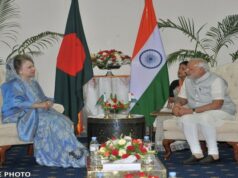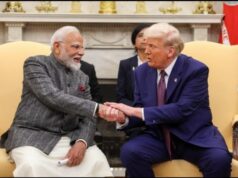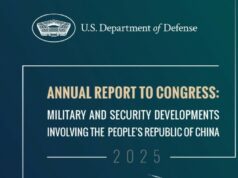In this second roundtable — recorded before New Delhi took off its velvet gloves to revoke transshipment rights from Bangladesh on April 8 – four eminent experts on Bangladesh expressed their concerns over the rapidly unravelling situation in the country, and warned that free and fair elections, soon, were non-negotiable.
With growing discontent on the streets, opposition voices sidelined, and rising religious extremism, country’s democratic foundation appears increasingly fragile. India, which has invested heavily in its eastern neighbour’s development and strategic stability, now finds itself walking a diplomatic tightrope, they felt.
Despite its historical support for secular and democratic forces, India is consciously avoiding overt interference, wary of being seen as favouring any one political party—particularly the ruling Awami League. However, there is a clear undercurrent of concern in Delhi. From security implications of extremist groups gaining ground, to Chinese and Pakistani attempts at strategic inroads, the stakes are high.
China’s interest in building infrastructure and influence through the China-Myanmar Economic Corridor and proposed bases in the Bay of Bengal adds another layer of complexity. At the same time, Pakistan-linked Islamist revivalism in Bangladesh—evident in the celebration of Jinnah’s death anniversary and rekindled ties—raises red flags in Indian security circles.
The fractured opposition, notably the BNP and Jamaat-e-Islami, lacks unity on how to approach the upcoming elections. Some factions demand immediate polls; others seem to prefer prolonged unrest to bargain for greater influence. With many secular and student-led protest movements now disillusioned by the rise of religious hardliners, the revolutionary spirit of 1971 is under pressure.
India’s engagement, for now, remains quietly assertive—emphasising development, security cooperation, and connectivity, while withholding deeper involvement until a legitimate, broad-based government emerges. The possibility of military intervention remains remote, though speculation persists about whether the army might step in if instability deepens further.
Ultimately, the people of Bangladesh—who have historically resisted authoritarianism and fought for inclusive nationhood—will determine the country’s trajectory. But for now, both regional powers and the international community are watching closely, hoping the fragile equilibrium doesn’t collapse.
Watch the full discussion to gain expert insights into a country that now faces some really hard choices.
In a career spanning three decades and counting, Ramananda (Ram to his friends) has been the foreign editor of The Telegraph, Outlook Magazine and the New Indian Express. He helped set up rediff.com’s editorial operations in San Jose and New York, helmed sify.com, and was the founder editor of India.com.
His work has featured in national and international publications like the Al Jazeera Centre for Studies, Global Times and Ashahi Shimbun. But his one constant over all these years, he says, has been the attempt to understand rising India’s place in the world.
He can rustle up a mean salad, his oil-less pepper chicken is to die for, and all it takes is some beer and rhythm and blues to rock his soul.
Talk to him about foreign and strategic affairs, media, South Asia, China, and of course India.




